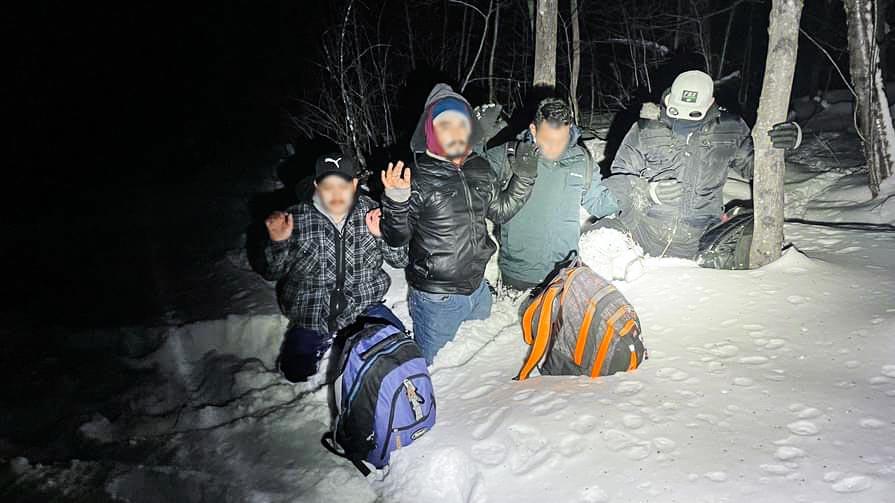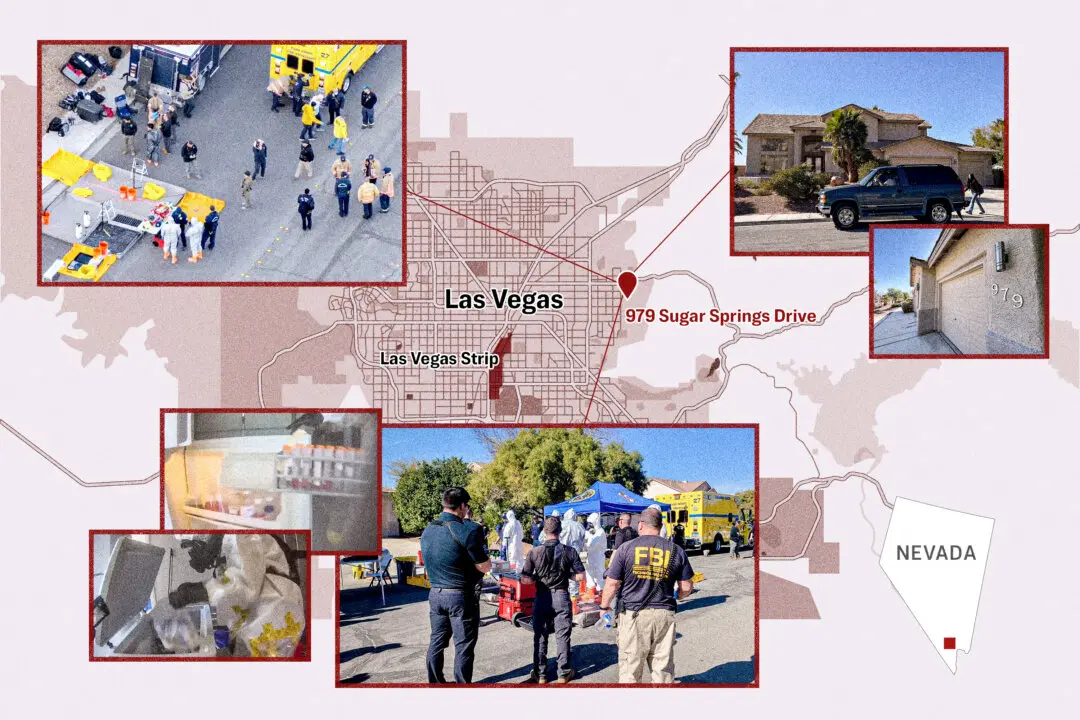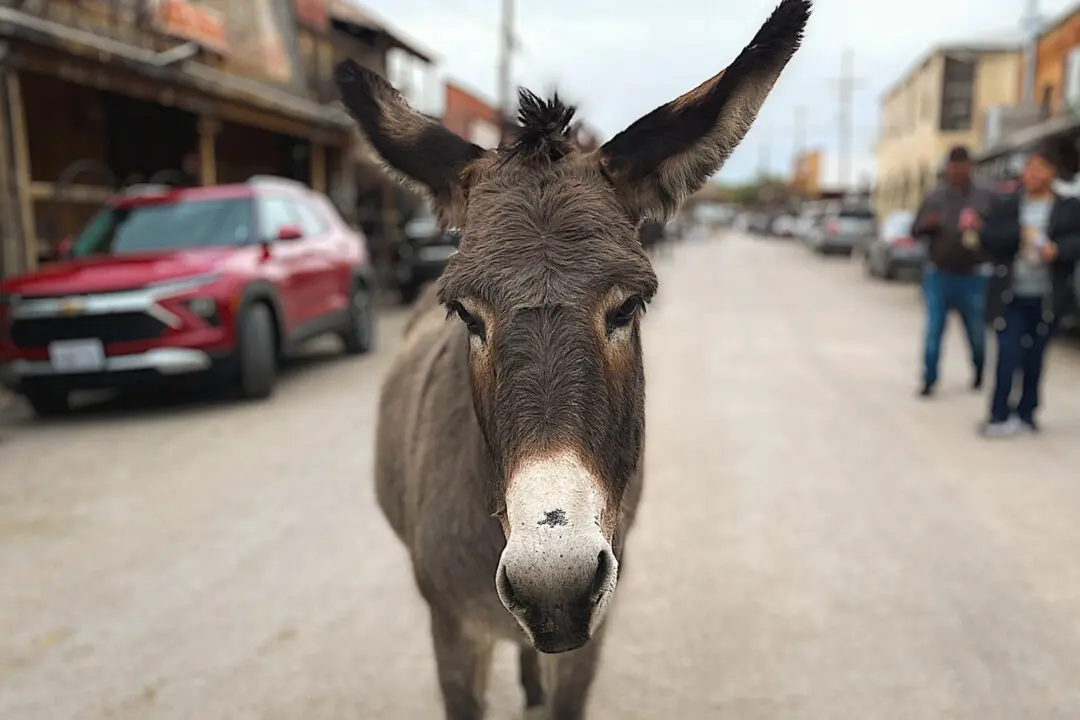PLATTSBURGH, N.Y.—One night this past winter, Lynne Lamon of Plattsburgh, New York, was driving up the U.S. 9 northbound by Canada’s border when she noticed three young men walking on the side of the road.
The men were dressed poorly for the subzero temperatures and wind chill from Lake Champlain. Their down vests were tattered and leaking feathers.





